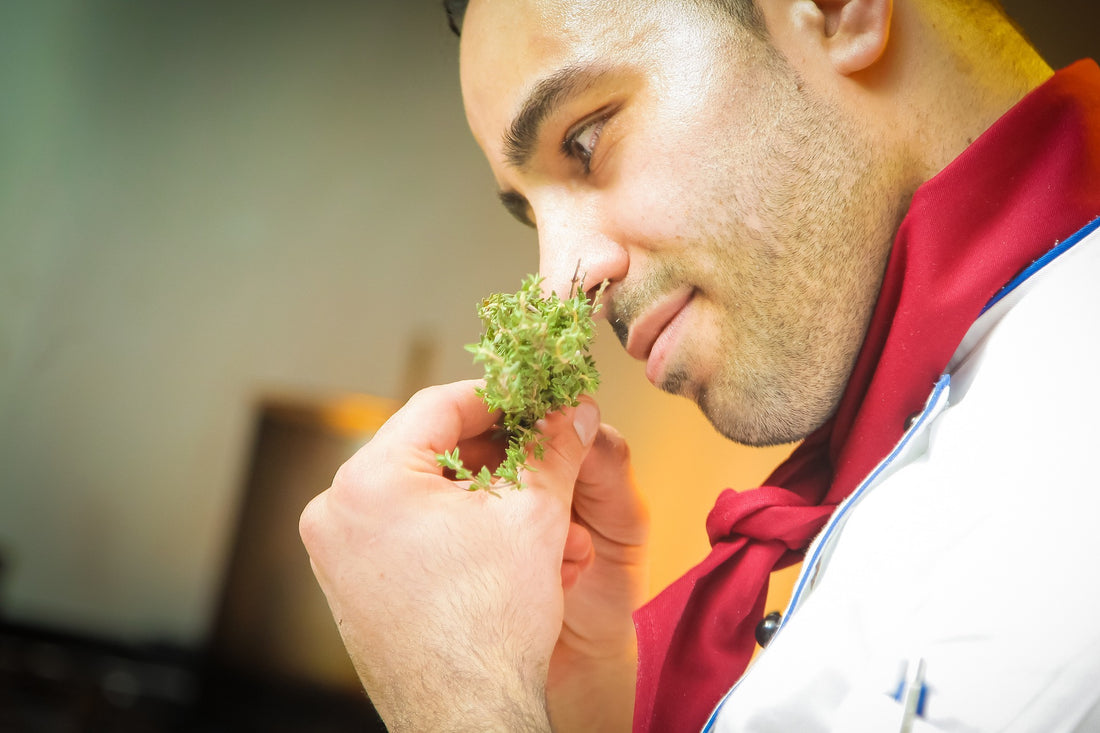Understanding the Popularity of Hydroponic Produce
The Chef's Choice: Hydroponic Produce
Once considered a niche trend, hydroponic produce has entered the mainstream, thanks to enthusiastic endorsements from chefs. Celebrity chefs like Michael Anthony of Gramercy Tavern have embraced hydroponic farming, creating dishes centered on produce such as hydroponic butter lettuce. These chefs value hydroponic produce for its consistent freshness and year-round availability.
The Consumer's Perspective: Lasting Freshness and Environmental Consciousness
Consumers also rave about hydroponic produce. Not only does it offer longer shelf-life, but it also opens up opportunities for culinary creativity. Martha Stewart, for example, praised hydroponic arugula for its freshness and versatility. Furthermore, the eco-friendly aspect of hydroponic farming aligns with today's increasing trend towards sustainable consumption.
The Growing Trend of DIY Hydroponics
Hydroponic farming isn't confined to commercial farms; it has a passionate community of DIY enthusiasts. Bloggers and hobbyists share tips and ideas, helping others cultivate their own hydroponic gardens. Websites and forums like Maximum Yield, Garden Culture Magazine, and /r/hydro provide platforms for this growing community.
The Diversity of Hydroponic Produce
The Focus on Leafy Greens
Hydroponic farming is particularly suited to leafy greens such as spinach, kale, and various types of lettuce. The controlled conditions offered by hydroponic farming ensures these plants grow efficiently and taste great.
Beyond Greens: Hydroponic Herbs and Fruits
But it's not all about leafy greens. Hydroponic farming also supports the cultivation of herbs like basil, mint, and rosemary, and companies like Eden Green Technology are experimenting with fruits and other vegetables, such as tomatoes, peppers, and strawberries. As technology evolves, the scope of hydroponic farming continues to expand.
The Secret to Superior Taste: Hydroponic Farming Techniques
The Power of Customization
What makes hydroponic produce taste better? The answer lies in the unique advantages of hydroponic farming. Hydroponic plants grow in customized environments, which can be fine-tuned to optimize the flavor of each plant.
The Role of Light, Nutrients, and Water
Light exposure, temperature, and nutrients can all be manipulated in a hydroponic setup. By adjusting the light levels, farmers can modify the plant's characteristics. Similarly, by controlling the nutrients delivered through water, farmers can significantly influence the taste of the produce.
The Advantage of Freshness
And let's not forget freshness. Thanks to the vertical farming systems, hydroponic produce can reach your plate within 48 hours of harvest, ensuring you enjoy your food in its freshest state.
Getting to Know Hydroponic Farming
The Essentials of Hydroponic Farms
Hydroponic farms replace soil with nutrient-rich water solutions, allowing crops to be grown indoors, irrespective of season. These vertical farms optimize space usage, growing more crops in less area.
Environmental Benefits of Hydroponic Farming
In addition to providing fresh produce, hydroponic farming offers significant environmental advantages. It uses less water, reduces greenhouse gas emissions, and helps counter soil degradation. By reducing food waste and the distance food travels from farm to table, hydroponic farming further minimizes its environmental impact.
Hydroponic Produce: A Solution for Local Needs
The Challenge of Urban Agriculture
Urban areas often struggle to meet local food demands due to space constraints. Traditional agriculture relies on extensive open spaces, which are not available in urban environments.
The Future of Food: Vertical Farms
To address this challenge, vertical hydroponic farms can be established in urban areas, reducing the distance food needs to travel and providing fresh, local produce. As urban populations continue to grow, the demand for locally-grown food is predicted to quadruple by 2025, marking a bright future for vertical hydroponic farms.
Conclusion
The rise of hydroponic farming is a testament to human ingenuity, addressing concerns of sustainability, freshness, and local produce availability. It's a revolution that not only promises to reshape agriculture but also brings us produce that's tastier and healthier. So, the next time you enjoy a fresh, crunchy salad, remember - it's not just lettuce; it's the future of farming.
FAQs
-
What is hydroponic farming? Hydroponic farming is a method of growing plants without soil, instead using nutrient-rich water solutions.
-
Why does hydroponic produce taste better? Hydroponic produce grows in customized environments with controlled light, temperature, and nutrients. This, coupled with its freshness, contributes to superior taste.
-
What can be grown hydroponically? Hydroponic farming is often used for leafy greens and herbs, but it also supports other vegetables and fruits. The range of hydroponic produce is expected to increase with advancing technology.
-
What are the benefits of hydroponic farming? Hydroponic farming uses less water, reduces greenhouse gas emissions, counteracts soil degradation, and reduces food waste. It also allows for year-round cultivation and local production.
-
Is hydroponic farming sustainable? Yes, hydroponic farming is considered sustainable due to its efficient use of resources and reduced environmental impact.
